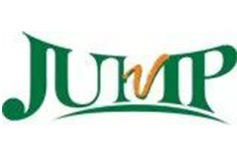Exhibitor News
The power of simplicity - a classic case study in the grocery store business
2016-04-19

As the largest food retailer in Germany, ALDI has been experiencing an annual sales growth of 8% since 1998. Currently, ALDI generates over 30 billion USD business revenue each year with 7,000 stores in operation. It has firmly positioned itself as a leading retailer in Europe, while expanding its business well into the international retail landscape.
How does ALDI manage to stand out and stay ahead of its competitors in the retail world?
1. Business Management
The business philosophy of ALDI is to serve the people. ALDI stores are always in close vicinity of residential areas with clear positioning of target consumer group. With great efforts, ALDI strives to minimize its management costs as much as possible. Advertisement, promotional campaigns, modernization and digitalization tools sometimes can be a plus to the business, but ALDI is more focused on perfecting the most fundamental elements of a grocery store, and this is the ALDI business principle.
2. Sales and Procurement
When other retailers try to offer consumer with more special and individualized services, ALDI goes against the mainstream and concentrate on its most fundamental task, which is to provide the highest quality products at the lowest possible prices. ALDI requires a tremendous amount of product supply and generally enters into procurement contracts with a 10-year term with its suppliers. ALDI treats its suppliers in a fair and reasonable manner so as to ensure product quality and a long-term partnership.
Following the principle of “low risk expansion”, ALDI never operates with borrowed capital. Business expansion is only achieved on solid foundations. Most Chinese retail professionals wish to learn from the complex business models from other countries. But maybe we could try and return to the basics of retail business and explore a more direct and simple path forward.

















